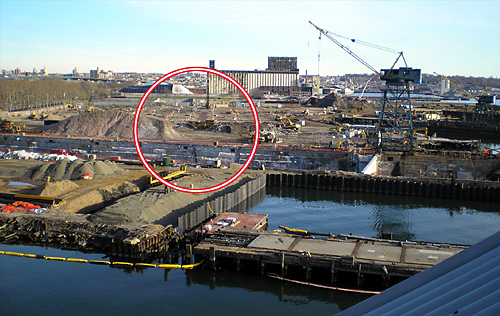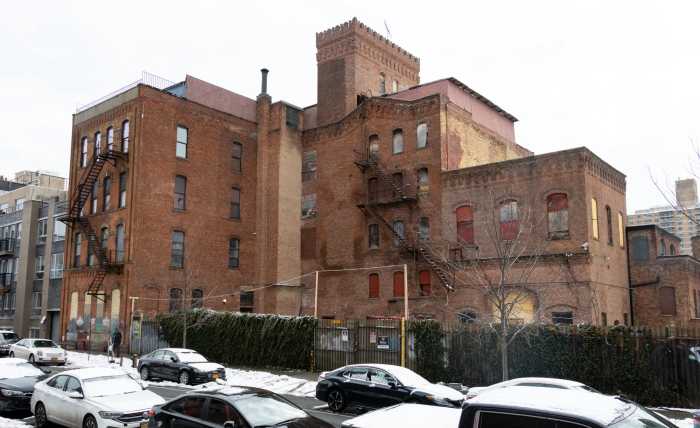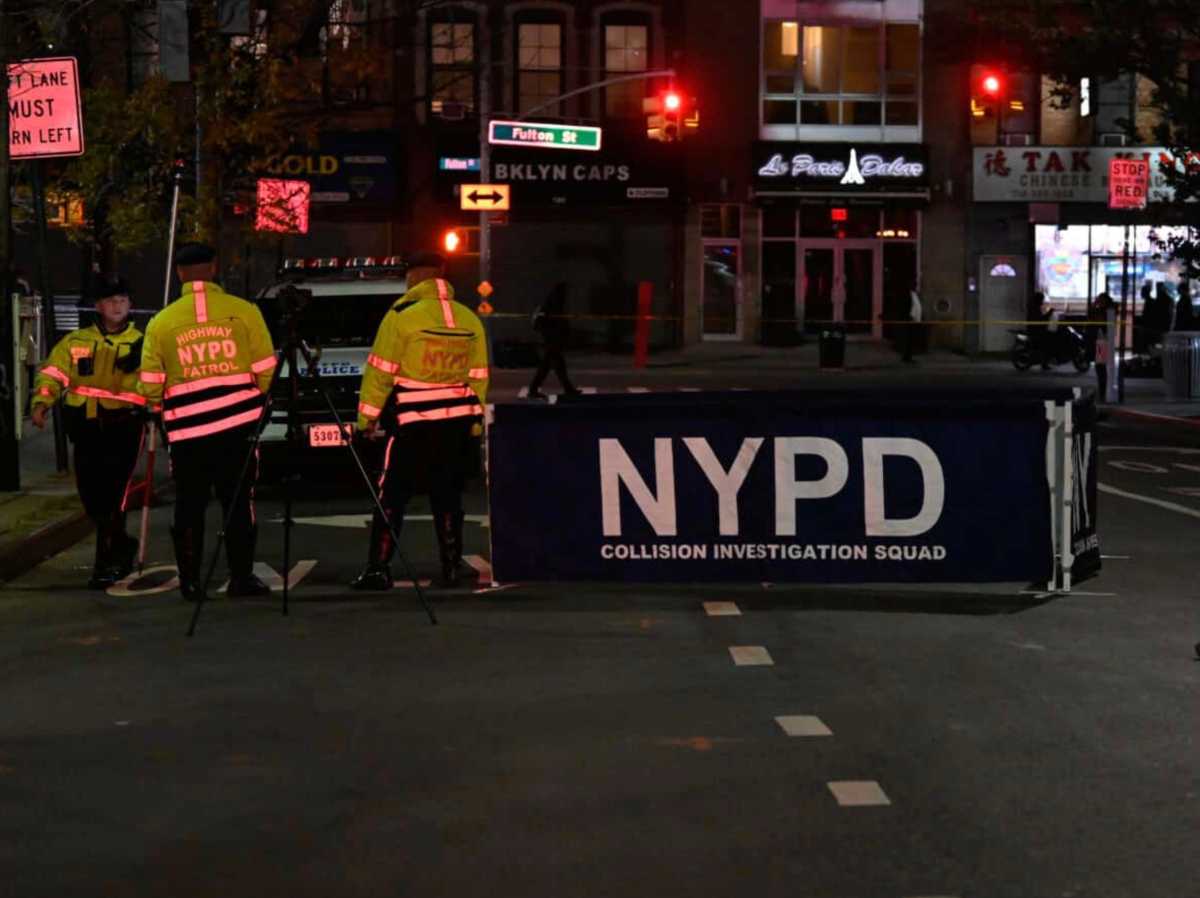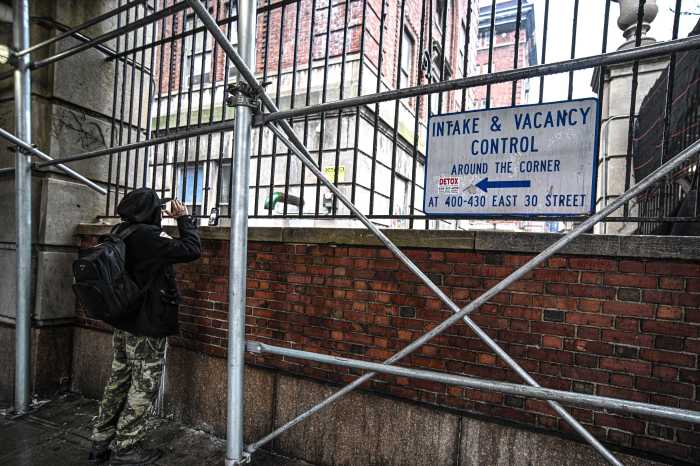The mystery of the missing rubble at the IKEA construction site in Red Hook grows.
The Swedish furniture and meatball giant claims that someone stole 250 tons of construction debris from its problem-plagued site on Beard Street while workers were on their New Year’s holiday.
Police are investigating the case, casting a skeptical eye on how supposed thieves managed to haul the rubble away while the high-security site was closed for the holiday.
Officially, police said simply that they are pursuing all possibilities — including the prospect that the company filed a false report. It would take at least 15 trips for a dump truck to remove the 500,000 pounds of debris, further fueling some neighborhood suspicion that this “crime” was an inside job.
A spokesman for IKEA said the company’s contractors were working with police to solve the crime, which would not delay work.
“We remain extremely excited about opening New York City’s first IKEA store in 2008,” spokesman Joseph Roth said.
The mystery is further complicated by concerns of some community activists that the “stolen” debris was contaminated.
“It demands a very thorough investigation,” said John McGettrick, co-chairman of the Red Hook Civic Association. “Was this a way to remove contaminated materials [such as] lead and asbestos?”
Lou Sones, a member of Community Board 6, which covers the area, said that IKEA has been fined for previous environmental violations.
“This is highly suspicious,” Sones said. “What are they trying to cover up?”
Police said city environmental officials tested the remaining debris and found it free of toxins. And Roth scoffed at the suggestion the burglary was a cover-up.
The debris was created through demolition on the site, and the process was approved and monitored by the appropriate agencies, he said.
Problems began for the furniture superstore before it even purchased the site for slightly more than $31 million, in June 2005.
By then, several organizations had filed a lawsuit contending the IKEA project forced unfair changes in the zoning rules and would bring traffic and pollution. Another legal challenge sought to protect a Civil War-era repair dock.
Both challenges were dismissed.

























